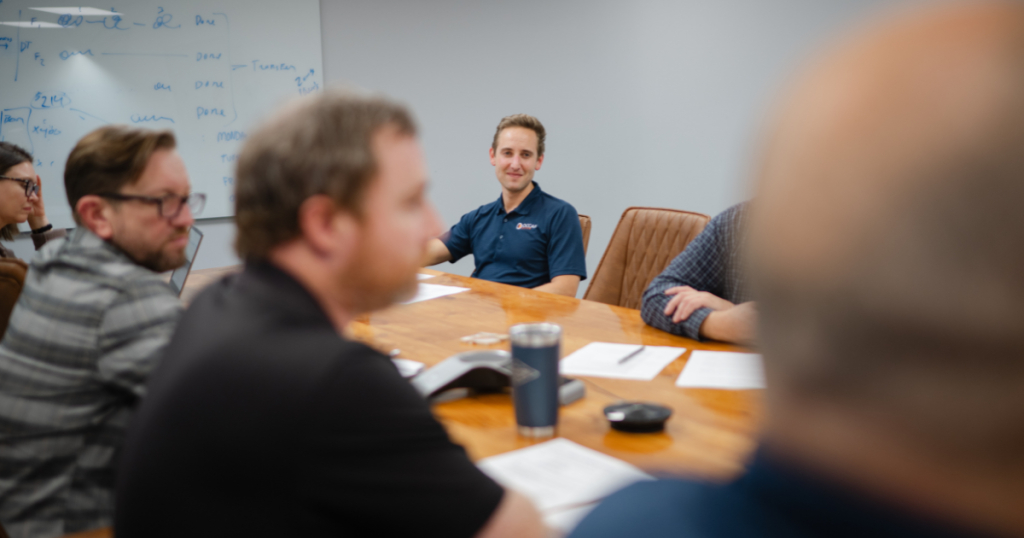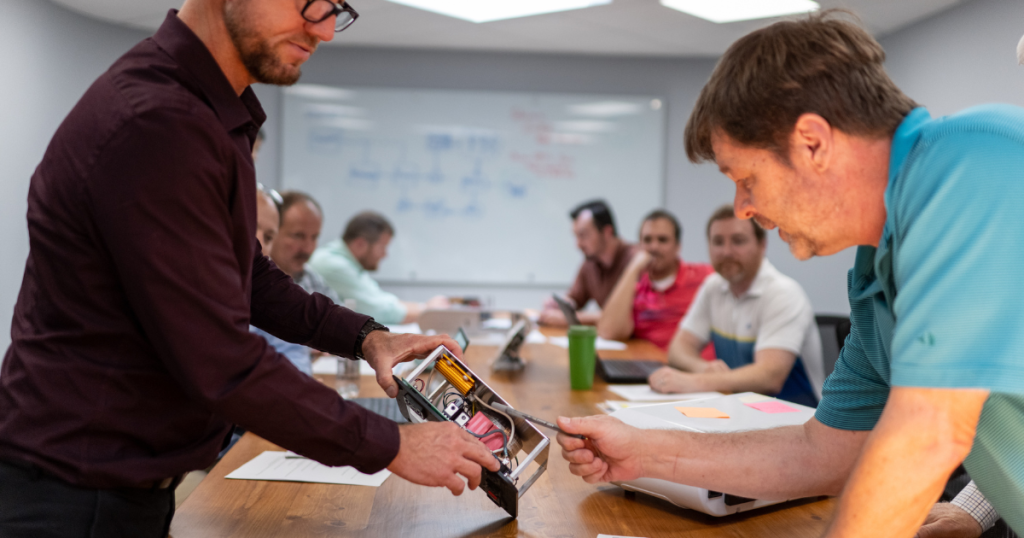
Tariffs, tariffs, tariffs. As time continues, it seems like that’s all we’re hearing. But are they really going to make a big impact? How are they affecting medical device innovation? How are they impacting manufacturing and the top line for smaller medical device companies?
This blog is straight to the point, helping you examine how tariffs are affecting the medical device supply chain, costs, and strategic decision making.
The Current Tariff Landscape
First, let’s understand the current tariff landscape:
- Specialized components such as precision metals, electronic sensors, and specialized plastics are subject to tariffs when imported from certain countries, increasing production costs
- If you plan on selling your medical devices internationally, expect country specific import tariffs that will increase your overall costs
List of countries with significant medical device tariffs:
- China: 25% on most medical equipment components
- EU: 6.5-8% on specific medical technologies
- India: 15-20% on finished medical devices
- Brazil: Up to 18% on imported medical equipment
- Russia: 7-15% depending on device classification
Rising Production Costs
Medical device manufacturers are experiencing significant cost increases:
- Raw materials like steel and aluminum, essential for many devices, have seen price increases of 10-25% in some markets.
- Electronic components, often sourced globally, face varying tariff rates that complicate supply chain planning.
- The administrative burden of navigating tariff classifications and compliance requirements adds to operational costs.
Supply Chain Disruption
The established global supply chains that medical device companies rely on are being forced to adapt:
- Manufacturers must reassess supplier relationships and potentially qualify new vendors not affected by certain tariffs.
- Lead times have increased as companies navigate new customs procedures and supplier transitions.
- Risk management strategies now include more sophisticated approaches to tariff mitigation.

Strategic Responses from Industry
Medical device companies are responding in several ways:
Manufacturing Relocation
Some manufacturers are shifting production to avoid tariffs:
- Moving manufacturing operations to countries not affected by specific tariffs
- Creating regional manufacturing hubs to serve local markets
- Investing in expanded domestic manufacturing capabilities
Product Redesign
Companies are rethinking product specifications:
- Redesigning products to use alternative materials not subject to tariffs
- Reconfiguring supply chains to source components from different regions
Navigating Uncertainty
Companies are developing strategic approaches to handle regulatory unpredictability:
- Pursuing regulatory exemptions through industry association partnerships
- Creating multiple contingency plans for different regulatory scenarios
- Implementing long-term self-sufficiency strategies
- Building in-house regulatory expertise
- Collaborating with established OEMs
- Fostering relationships with regulatory authorities
While tariffs present significant challenges to the medical device industry, they also accelerate trends toward supply chain diversification and manufacturing innovation. Forward-thinking companies are turning these challenges into opportunities to create more resilient and adaptable operations.
As the situation continues to evolve, medical device manufacturers must stay informed about policy changes and remain flexible in their strategic approach. Those who can successfully navigate these complex waters will emerge stronger and better positioned for success in the changing global marketplace.
This post reflects current market conditions as of April 2025. For specific guidance on how tariffs might affect your medical device business or procurement strategies, please contact the Occam Design Team.
